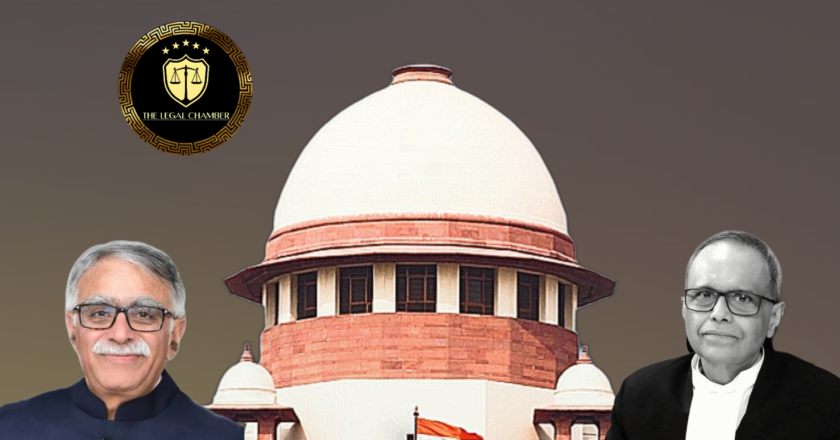Supreme Court Rules: Pre-Independence Documents Hold Highest Value in Tribe Claim
The Supreme Court held that pre-Independence documents carry greater probative value for caste claims and that the affinity test is not a litmus test. It cannot be the sole basis for rejection, especially given modernization and assimilation. The Court emphasized that such claims must be evaluated primarily on reliable documentary evidence.
Facts Of The Case:
The appellant, Yogesh Madhav Makalwad, sought admission to a medical college based on a caste certificate claiming he belonged to the Scheduled Tribe community of Koli Mahadev. His claim was supported by historical documents, including the 1943 school record of his grandfather, which explicitly mentioned the caste as Koli Mahadev. Subsequent school records from 1975 and 1979 for his father and uncle, as well as his own school record...


